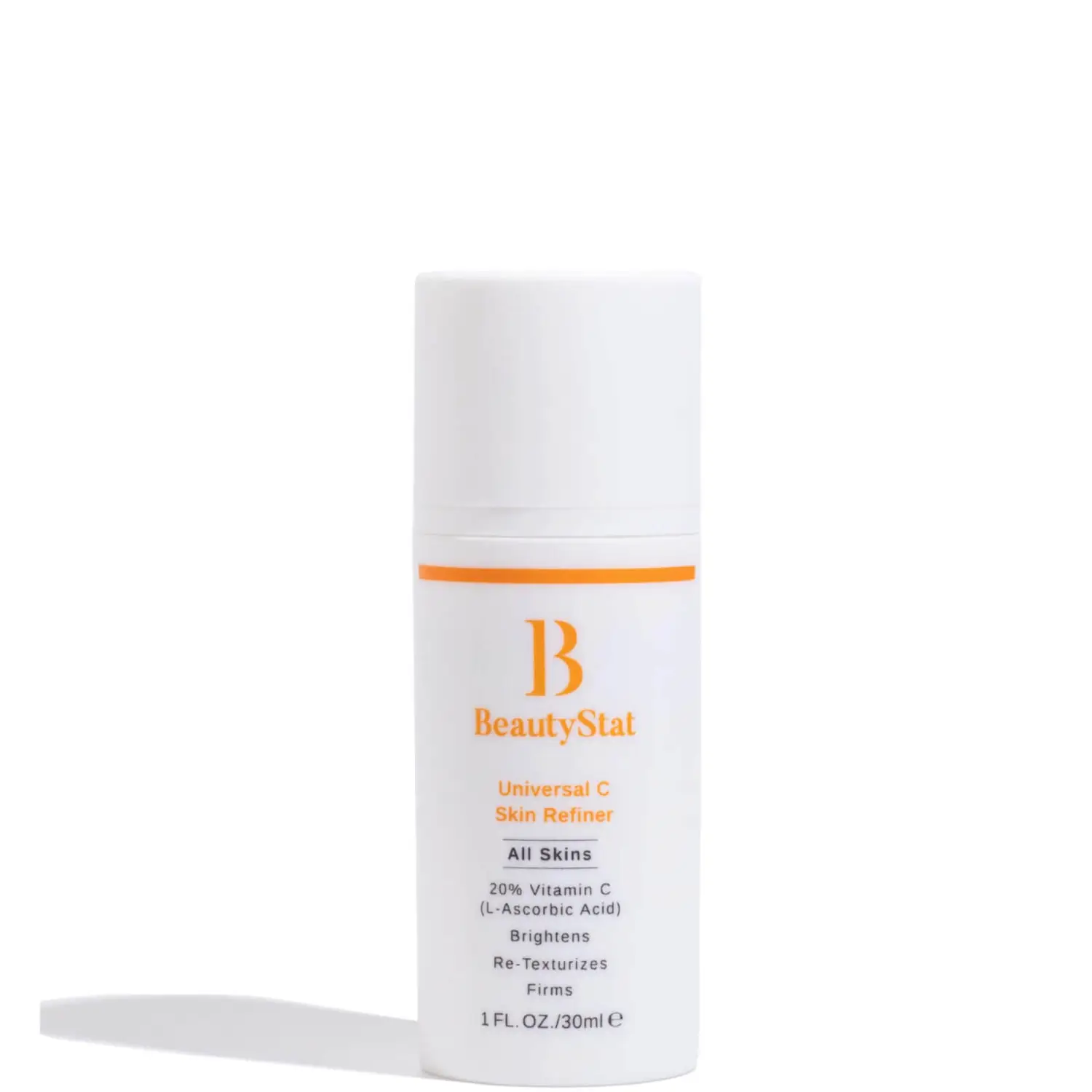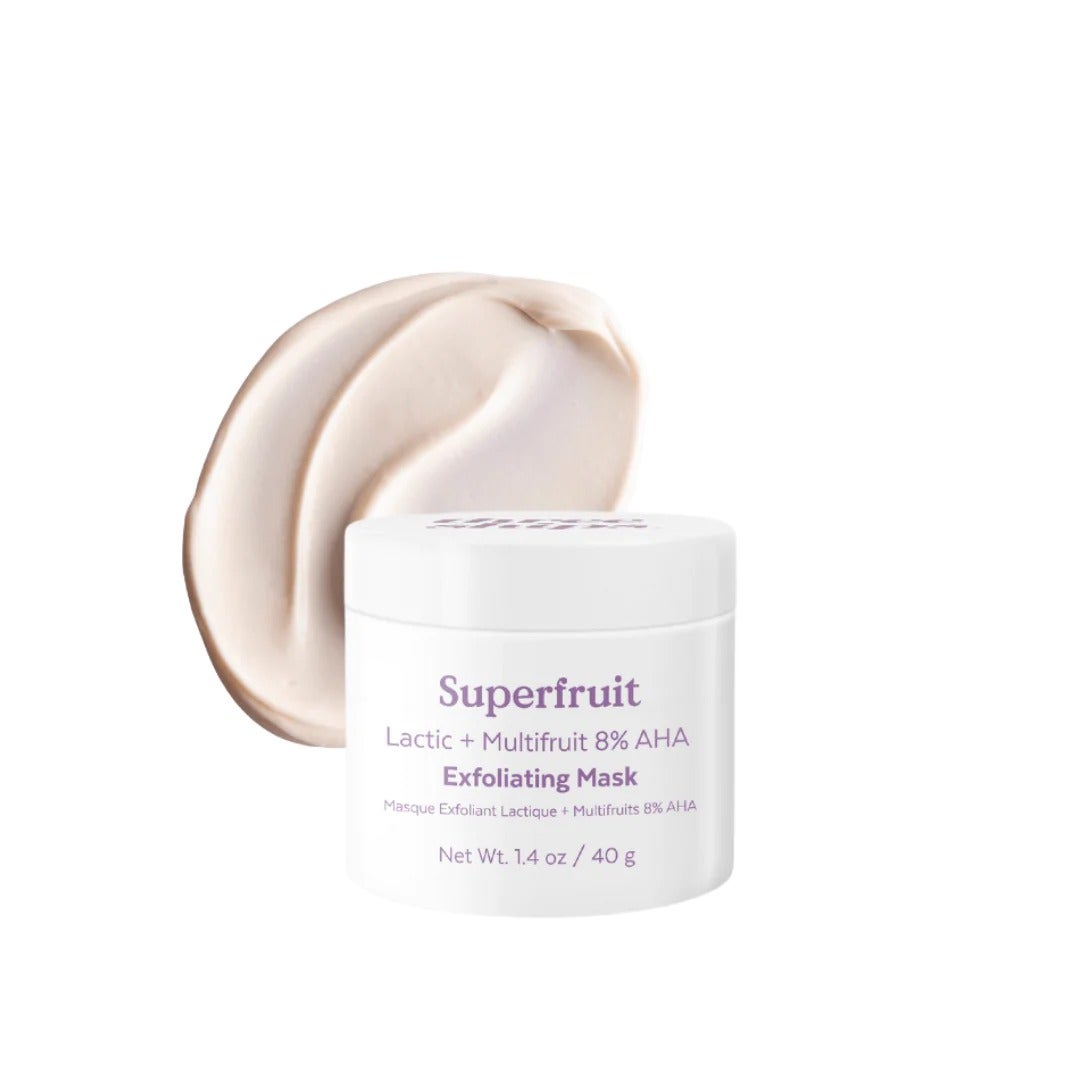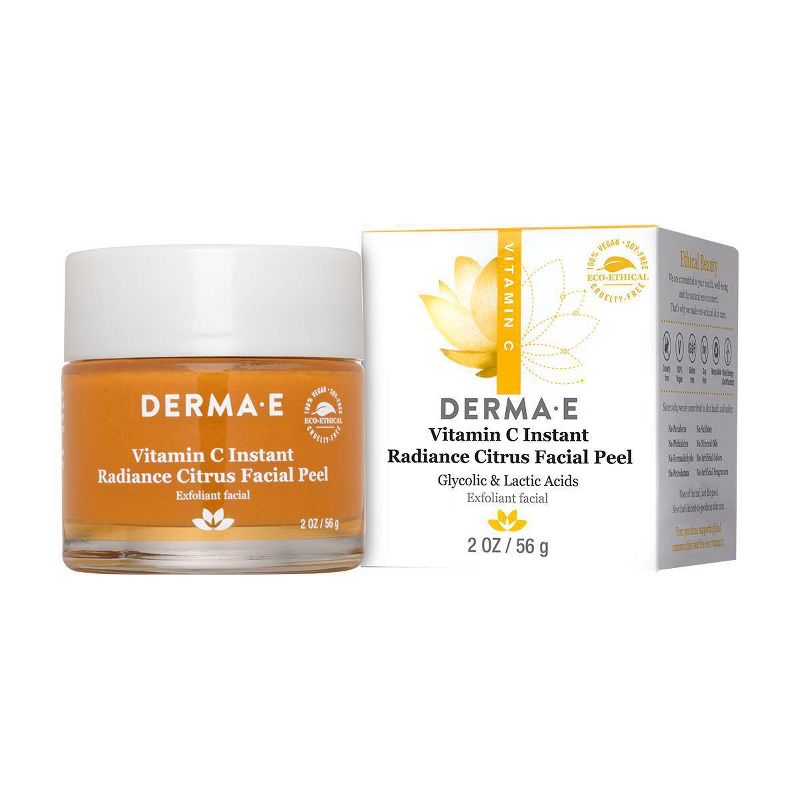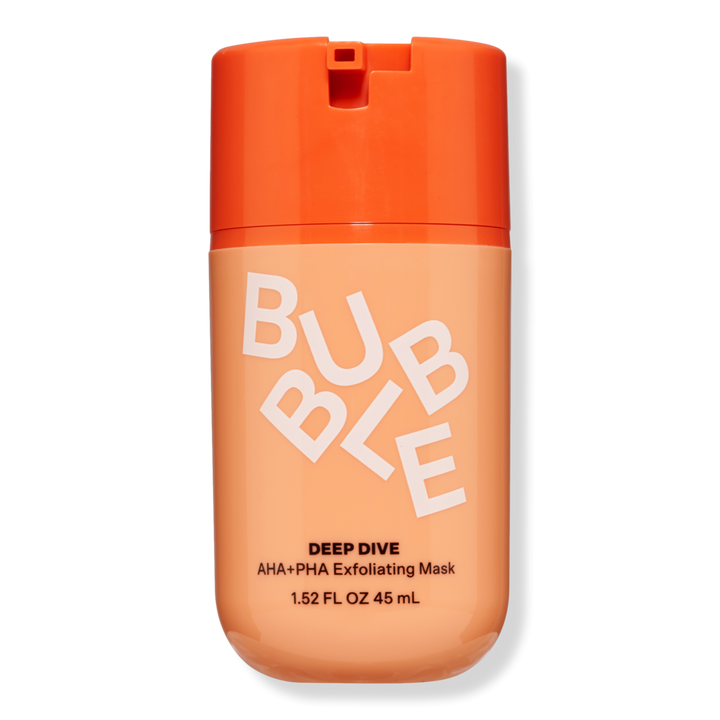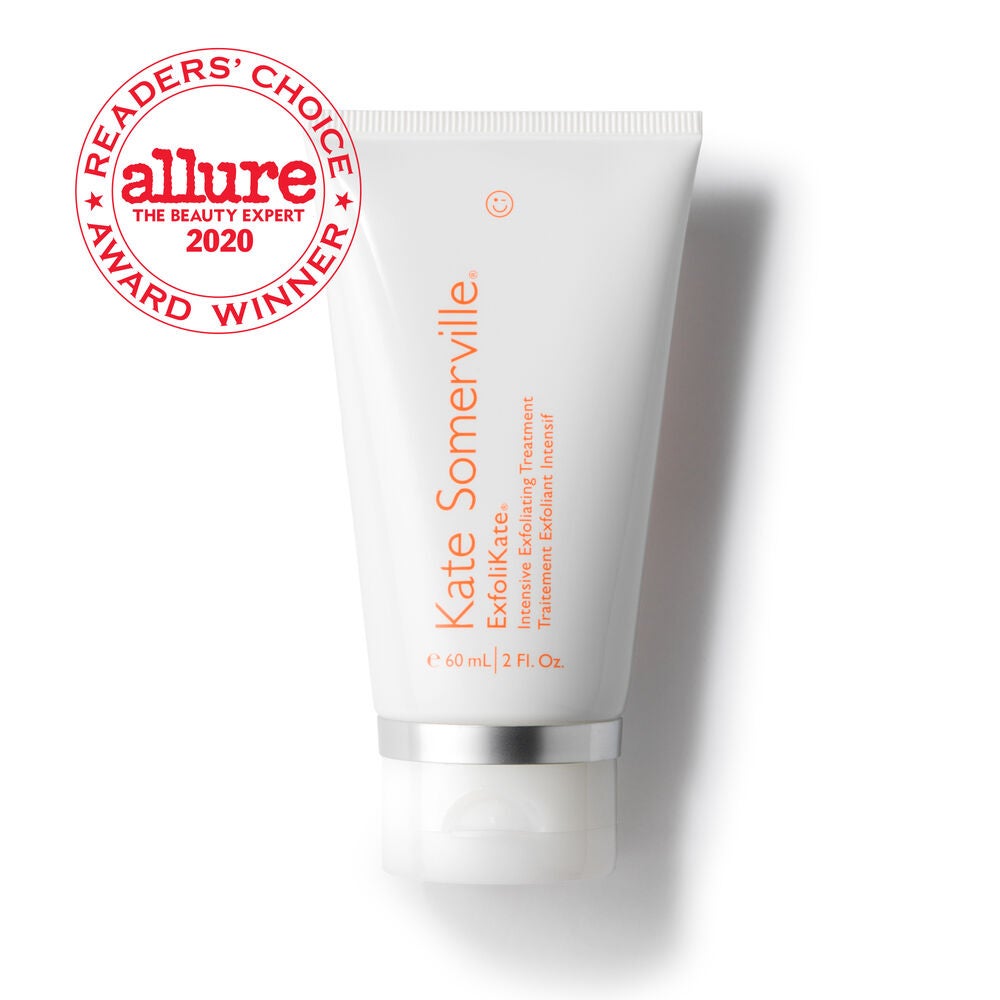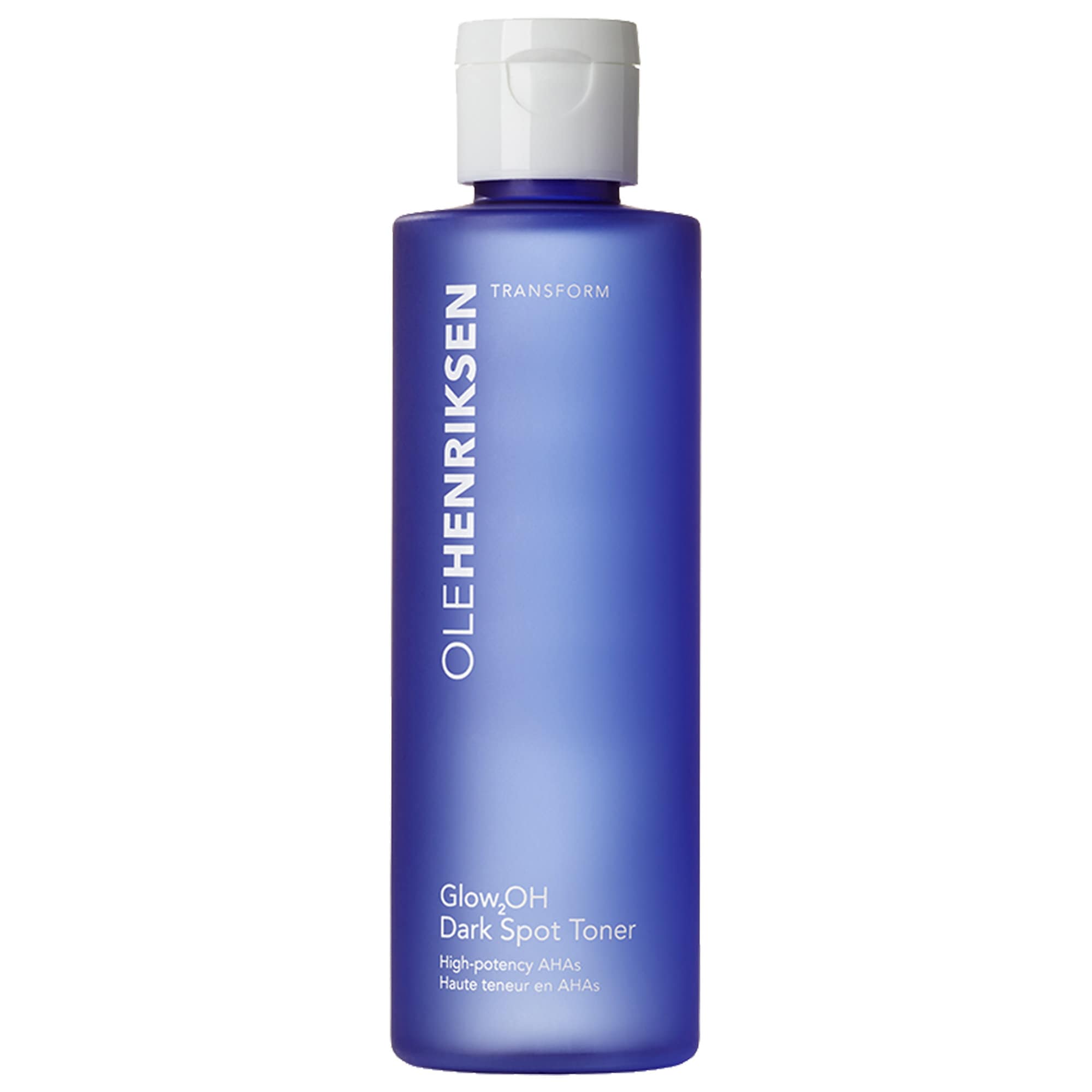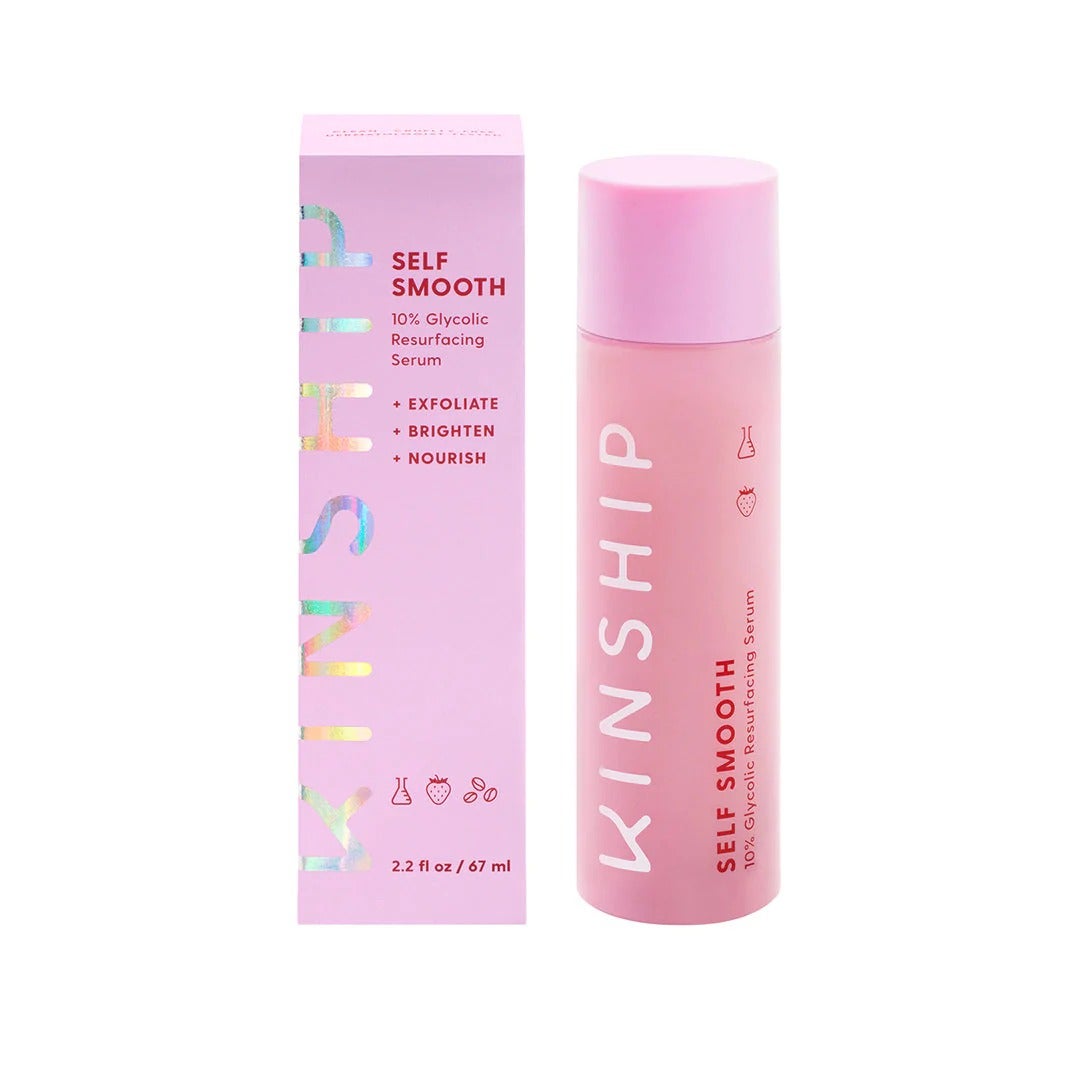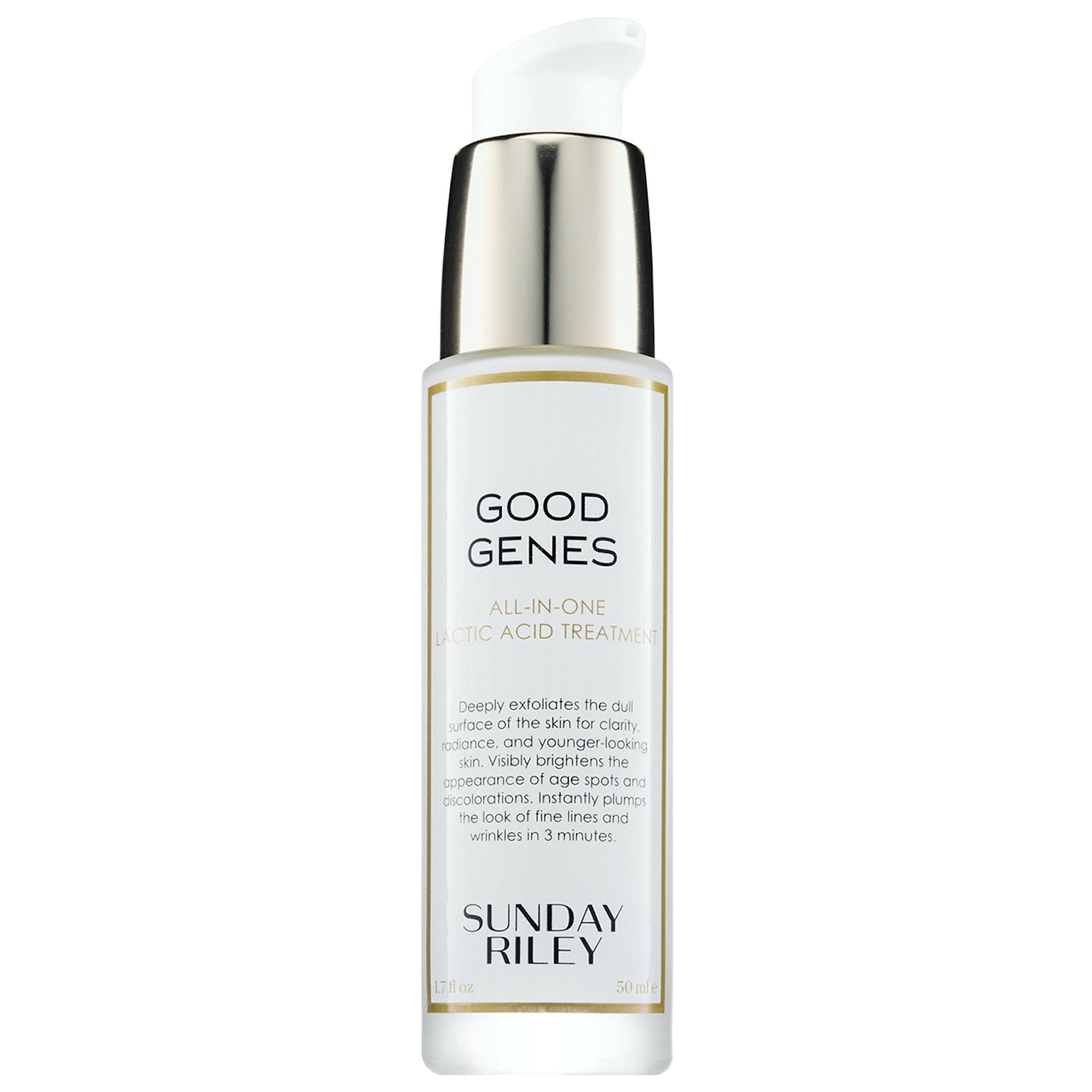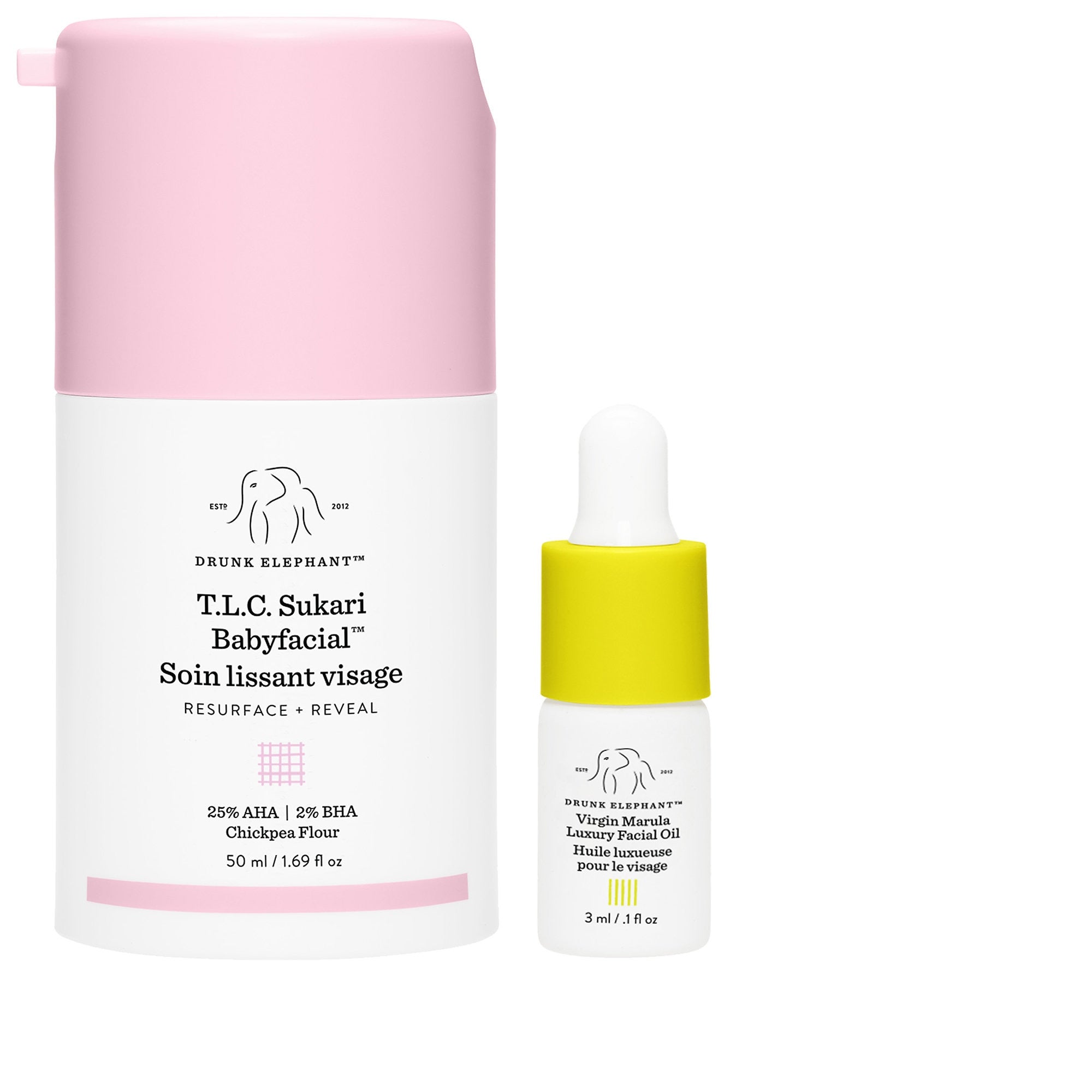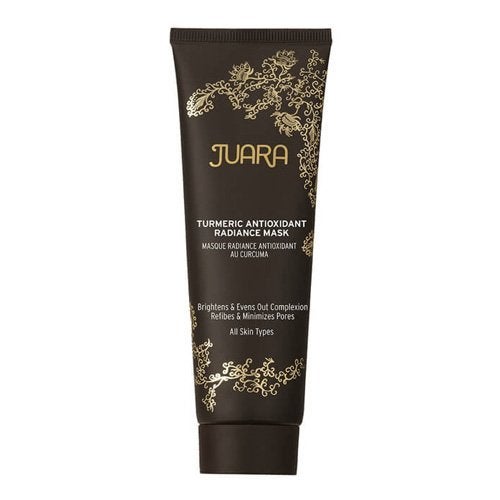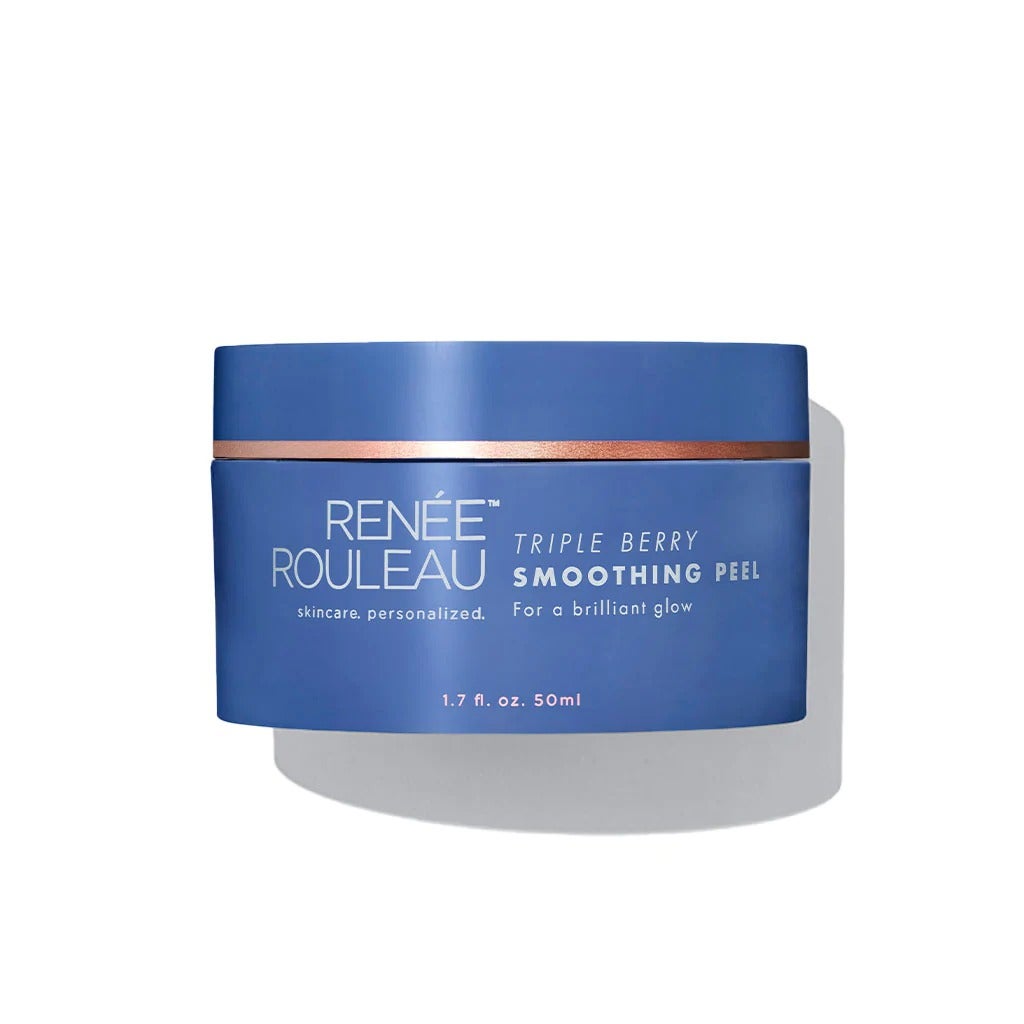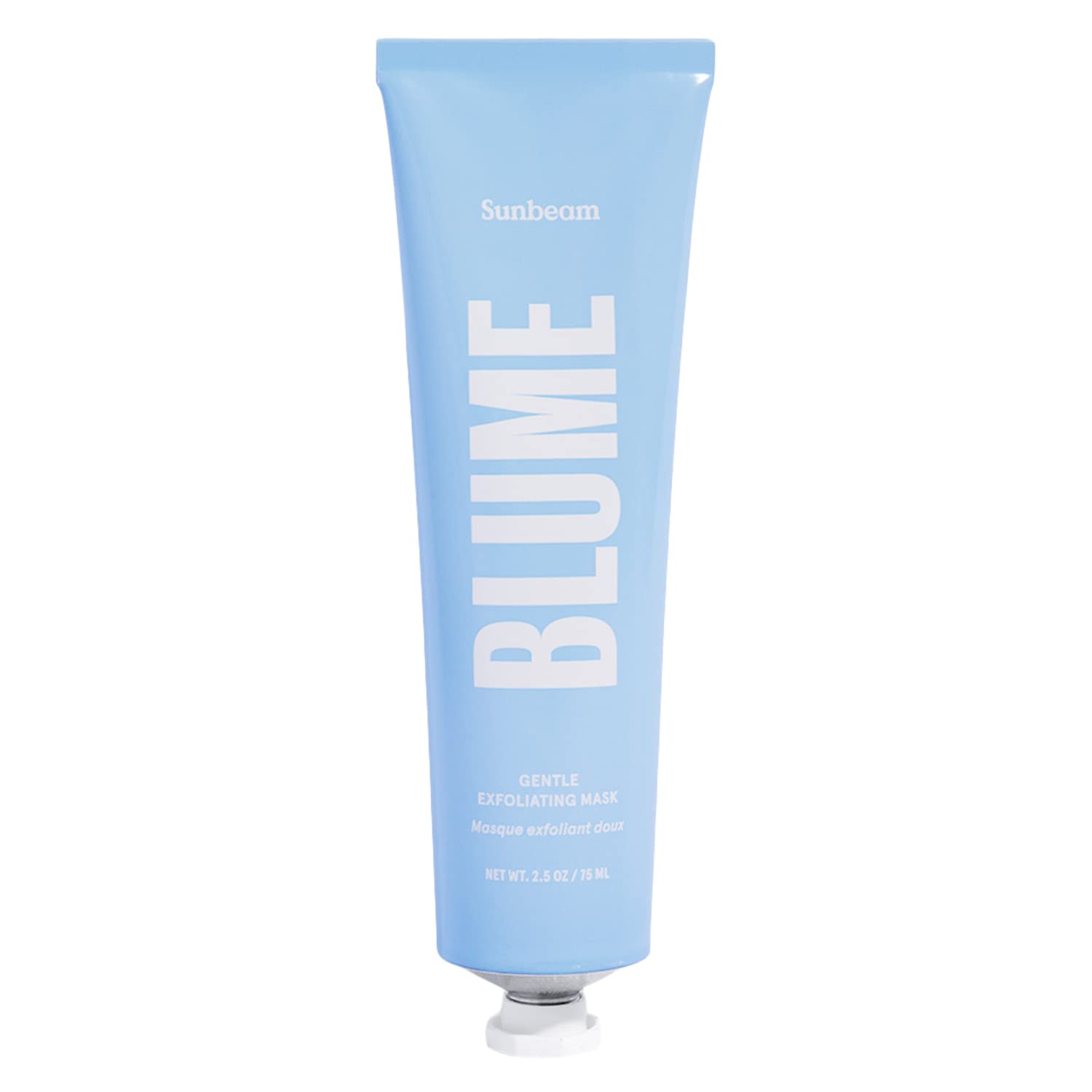If Skin-Care Tingles, Does This Mean It’s Working?
Should skin-care be sugar coated? I’m sure you’ve heard that old saying that the worse a medicine tastes, the more effective it is. Or when you choke down a really kale-heavy green juice in the hope that it will make you look like Gisele — it’s that kind of logic. But this is really a question of philosophy rather than science.
Some experts would say you should always avoid anything that causes a reaction because that can be inflammation, and inflammation is bad for the skin. Then again, dermatologists also offer chemical peels that leave you red raw for days, at which point you suddenly have the most fabulous skin of your life.
AdvertisementADVERTISEMENT
We asked Megan Felton, who co-founded the skin-care consultancy Lionne, for her take: “It’s our opinion that skin-care should not be painful," she said. "It might seem like a given, but we do see people promoting the line of thinking that 'if a product stings or burns it must be working.' That being said, some active ingredients (such as vitamin C) can cause a tingle if your skin barrier function is compromised, so you have to taper those in gradually,” she explained.
Esthetician and founder of eponymous brand, Renée Rouleau, told Refinery29 that when it comes to skin-care, people often have a 'no pain, no gain philosophy, but in reality, said Rouleau, there are only a few situations in which your products should tingle or sting. Or her favorite middle ground, 'stingle'.
Essentially, it’s a question of working out what’s a tingle and what’s a reaction. "We would define a tingle as a product that doesn’t make skin inflamed or cause a rash," added Felton. "But if something does tingle, it is likely a bit more active, so should be used in moderation. A burn will cause skin to feel hot, inflamed, and sometimes even bumpy, like a rash. If a product is doing this to your skin, it's best to stay away from it, unless you are having a professional peel or treatment." Certain ingredients, like retinol, glycolic acid and other AHAs are prime candidates for this kind of reaction, which is why the advice is always to start on a low, slow concentration and work up.
AdvertisementADVERTISEMENT
On the other hand, stinging happens when a product either doesn’t agree with your skin or has a lower pH level than your skin. "This causes it to hit the nerve fibers close to the surface and create a reaction," said Rouleau. Rouleau defined it as three different levels: 'tingle', 'sting' and 'stingle', with sting being the most severe. "If the feeling lasts for over a minute, that’s definitely a sign that something is up," she explained. "Stinging can also happen if your moisture barrier is compromised, which is usually the root of many skin concerns," such as sensitivity, dry skin and irritation.
But your skin is as unique as a fingerprint in many ways and we all have certain products and ingredients it can’t tolerate. Felton added, “If a product causes skin to have an inflammatory response or causes skin to feel more sensitive and delicate, stop. If a product makes a skin condition like rosacea, eczema, or acne worse, stop. If you don’t like the way a product feels, stop. There are enough products out there that don’t do this. It isn’t worth it!”
This is another reason why experts always advise to try new products in a rotation, not all at once. Especially if your skin is sensitive, it’s better to slot in a new skin-care buy on a one-in-one-out basis, or you may wake up one morning with a reaction and have no idea what caused it. “It isn’t like putting on high heels and saying beauty is pain,” added Felton. “Your day-to-day skin-care should be something you enjoy, not endure. Of course, the exception to this is if you are receiving a treatment like a peel or something like Botox with a certified dermatologist. But those treatments also would harm the skin if you did them on a daily basis.”
AdvertisementADVERTISEMENT
So what if you're getting a little bit of a sting after a salicylic or sulfur-rich clay mask? It's probably fine in moderation. A bit of redness after a weekly chemical exfoliation? Providing it’s from a reputable brand and you’re not cocktailing it with a handful of other active ingredients and you have tapered use in gradually, also okay. "The one time that a stinging sensation might be expected is when using an exfoliating acid product, such as my Triple Berry Smoothing Peel," shared Rouleau. "Acids, such as glycolic and lactic acid, lower your skin’s pH, which can sometimes cause a brief tingle. Otherwise, your skin should feel virtually nothing when applying products."
If you’re getting a big reaction to something, take a moment to go through the ingredients list. Is there a hidden alcohol in there, or a fragrance perhaps? You might find the irritant isn’t actually an exfoliating acid, but an artificial scent or drying alcohol denat, for example. By switching to another brand you may be suddenly able to tolerate twice-weekly exfoliation.
As a rule, something that’s causing major irritation should only be carried out by an expert like a dermatologist in a controlled environment with parameters in place. They should be able to tell you beforehand which side effects you may experience, what the downtime will be like, and what to do if you’re concerned after your treatment.
But really having a painful reaction to every step in your routine, or trying to 'stick it out' when using a new product? That’s a sign it’s not right for you. That doesn’t mean it has to go to waste. You could try using it on your body, instead.
AdvertisementADVERTISEMENT
It's also worth switching to a bland, fragrance-free cream or emollient cleanser (something that contains glycerin or ceramides, for example) to reduce dryness as a result of a reaction. And just in case you thought you’d get away without us saying this: wear a broad-spectrum sunscreen with SPF30 or higher every day, especially if you’ve been peeling!
This story was originally published on Refinery29UK.
At Refinery29, we’re here to help you navigate this overwhelming world of stuff. All of our market picks are independently selected and curated by the editorial team. If you buy something we link to on our site, Refinery29 may earn commission.
AdvertisementADVERTISEMENT







